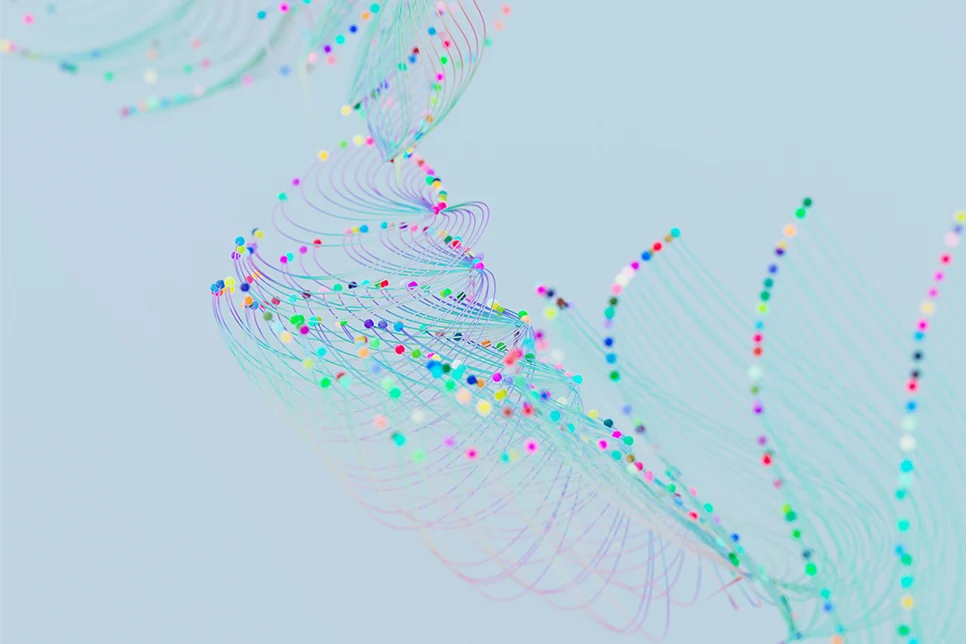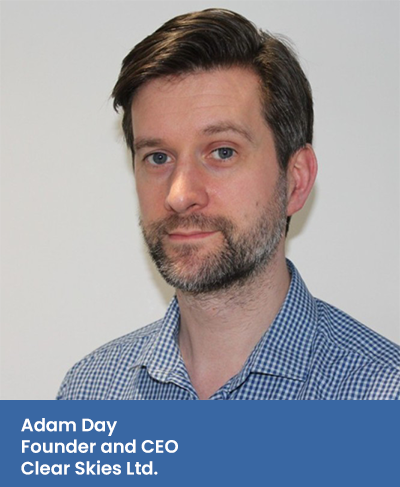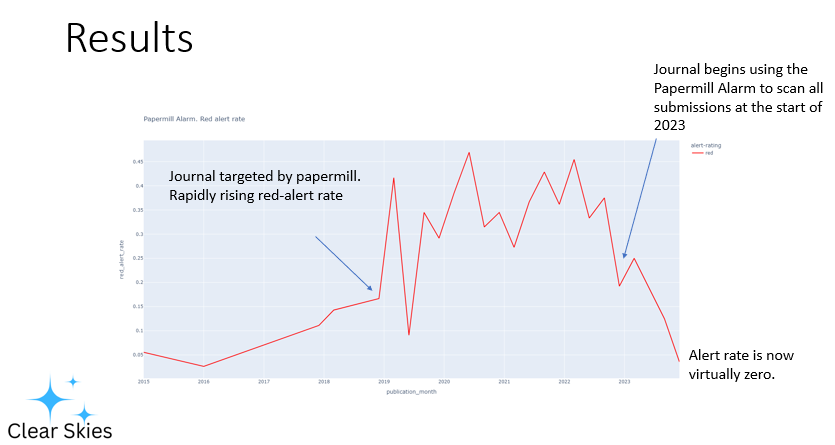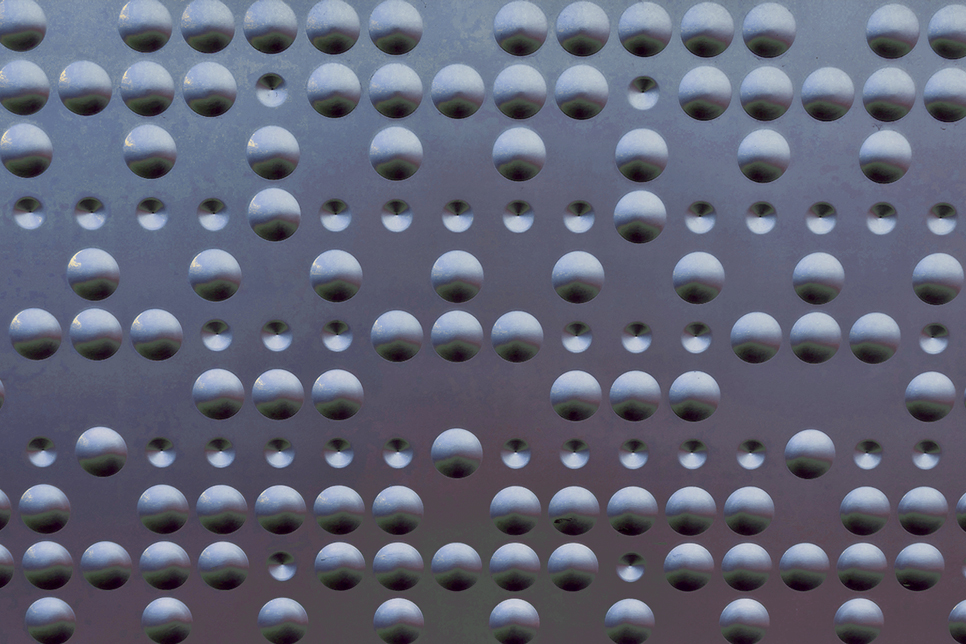by Mike Groth
In an era where academic integrity is under increasing scrutiny, tools that proactively detect and deter research fraud have become essential. Clear Skies‘ Papermill Alarm is one such groundbreaking innovation. As the first tool designed to identify signs of organized research fraud at the article level, it has helped redefine standards in scholarly publishing—and its recent integration with KGL’s Smart Review workflow takes this capability a step further.
Fresh from winning Gold for Excellence in Integrity Tools at the 2025 EPIC Awards at the Society for Scholarly Publishing Annual Meeting, we spoke to Adam Day, Founder and CEO of Clear Skies Ltd. to understand how the tool works, what drives the rise of papermills and plagiarism, and how publishers can use these insights to safeguard the trustworthiness of their journals.
MG: Can you tell us a bit about Clear Skies’ Papermill Alarm product and how it works?
AD: The Papermill Alarm is a tool which allows editorial offices to check individual articles for signs of organized research fraud. It was the first of its kind and pioneered a new generation of research integrity services. The Papermill Alarm also won the 2024 ALPSP Award for Innovation.
MG: With Papermill Alarm embedded into KGL’s Smart Review, how will KGL customers benefit from this integration?
AD: First, you will have insights at the moment of submission. That part is critical to avoiding costly investigations and retractions further down the line.
Secondly, you will have the option to get high-level insights through our app: Oversight. Oversight contains analysis of every paper and journal published since 2016 as well as providing analysis on journal submissions.
MG: What would you say are the main contributing factors to papermills, fraud and plagiarism becoming such widespread problems in academic publishing?
AD: People often cite ‘incentives’. I think that’s right, but maybe it doesn’t give a clear picture of the situation. There are reasons why people will use papermills to advance their careers and gain unfair advantage, but there are also reasons why people will use papermills simply because they have to in order to meet targets or because they find themselves in a research culture that tolerates or even expects them to do that.
I have a lot of faith in people and, while good researchers sometimes do bad things, I think that is largely because of the system they find themselves in.
MG: Papermill Alarm’s main USP is that it helps publishers to identify potential papermill activity – can you provide any real world examples of how this has worked in action?
AD: We have some case studies where we have done this. The image below shows where one of those has been anonymized. Put simply: screen everything, get good advice, and the alert rate on publications goes down.
MG: Clear Skies has forged collaborations with a range of publishers and service providers – how would you describe the company’s role in helping the industry to confront the significant papermill problem and shaping the future of scholarly publishing?
AD: Clear Skies slogan is ‘your partner in research integrity’. We’re here to help and we believe that means empowering editors so that they can do their best work. I spent many years managing editorial services and that has given me valuable insights to the work I do now. But more than that it taught me the value of editorial work in upholding the whole scientific enterprise. Peer-review is the core of research integrity.
Editor’s Note: For more from Adam Day on the papermill crisis and what editorial offices can do about it, read his May 1, 2025 article, previously posted on the ORIGINal Thoughts blog.
KnowledgeWorks Global Ltd. (KGL) is the industry leader in editorial, production, online hosting, and transformative services for every stage of the content lifecycle. We are your source for society services, market analysis, intelligent automation, digital delivery, and more. Email us at info@kwglobal.com.







